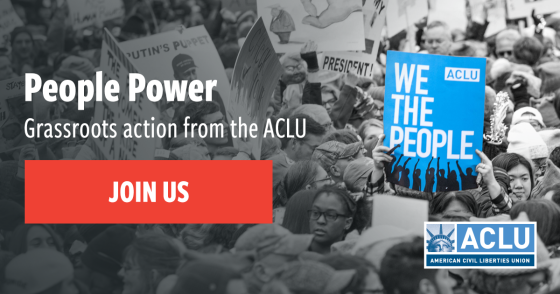LINCOLN, Neb. – Today, the American Civil Liberties Union (ACLU) of Nebraska released a new report outlining questionable practices of Nebraska’s so-called “crisis pregnancy centers” (“CPCs”).
“Care in Crisis: An Investigation into Nebraska ‘Crisis Pregnancy Centers’” found many of the centers provide inaccurate information on their websites about abortion and use deceptive tactics to discourage or prevent pregnant Nebraskans from accessing abortion care.
The new report reviews the websites of 16 organizations that are operating “CPCs” across the state and identifies common themes. Many of the websites provide inaccurate or biased information about abortion. For example, some of the websites recommend that abortion procedures should be delayed because a patient may have an early miscarriage. Two of the websites claim abortion care can lead to a patient’s death.
And while most of the websites claim center staff will advise visitors on every option, only one of the websites clearly discloses that it is not a medical facility. Because “CPCs” are not medical facilities, their staff may not be bound by federal patient privacy laws and similar state protections.
ACLU of Nebraska Legal and Policy Counsel Scout Richters, who authored the report, said it’s important that Nebraskans understand how these facilities operate.
“With the relentless efforts to push abortion care out of reach, access to time-sensitive care and accurate information is as critical as ever,” Richters said. “The disturbing fact is that many of these organizations often target the same people who are hurt most by abortion bans, including people experiencing poverty, young people, people of color, and people in rural communities. They then provide medically inaccurate information about abortion and birth control. All Nebraskans should be able to make their own informed medical decisions free from coercion and misinformation. We hope to see more awareness around this issue and we call on all of these centers to stop spreading false information and to stop presenting themselves as medical providers.”
The report includes an anonymous quote from “Jennifer,” an Omaha woman who said staff members at one of the centers gave her inaccurate information after she told them she was considering ending the pregnancy.
“They told me I was a full month later in my pregnancy than I actually was so I thought I had less time to make my decision,” she said. “I know a lot of people – especially young people – turn to these centers because they claim to offer support on every option at no cost. Nebraskans deserve to know that’s not what happens.”
The report explores tactics for challenging some of the problematic practices, including legislation, litigation and public education.
A full list of the reviewed centers is available in the report.
